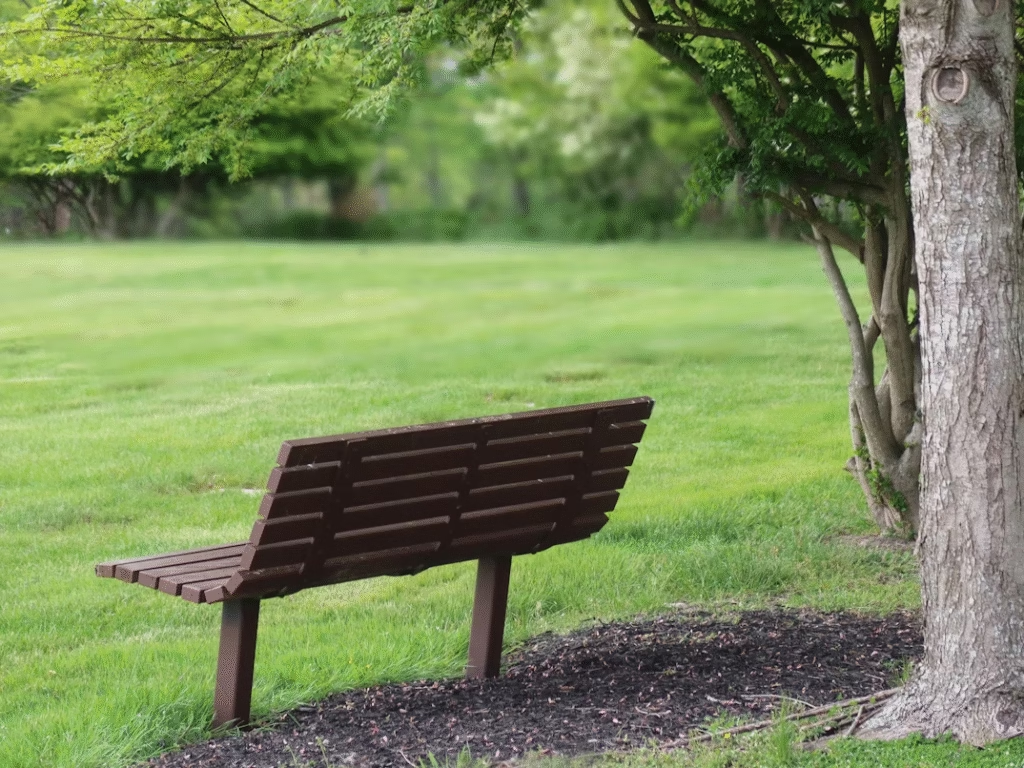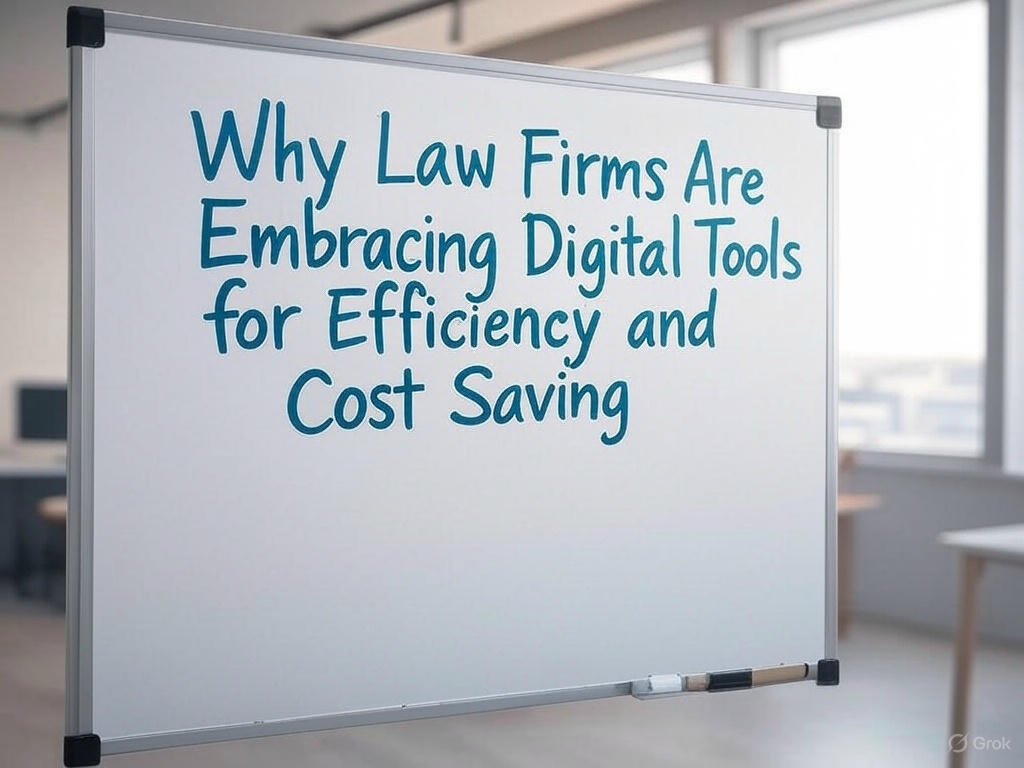Losing a loved one is always a life-altering event, but when that loss is caused by someone else’s negligence or wrongdoing, the pain is compounded by injustice. In Port St. Lucie, families grappling with unexpected deaths often wonder whether their situation qualifies as a wrongful death—and what steps they can take to hold the responsible parties accountable.
Wrongful death lawsuits are complex. They require more than just a tragedy; they require evidence of legal fault. That’s why consulting a personal injury lawyer serving Port St. Lucie is a vital first step for families considering legal action. These cases can help families recover financial damages and, just as importantly, find a sense of closure.
Defining Wrongful Death Under Florida Law
In Florida, wrongful death is defined under Section 768.19 of the Florida Statutes. The law states that when a person’s death is caused by the “wrongful act, negligence, default, or breach of contract or warranty of any person,” the estate of the deceased may bring a civil lawsuit for damages.
This means a wrongful death claim is essentially a personal injury lawsuit that the deceased is no longer able to pursue themselves. The goal is to compensate surviving family members for the losses they’ve endured due to the untimely death.
Crucially, a wrongful death case is a civil action—it is separate from any criminal charges that may be filed. A person can be sued for wrongful death even if they are not charged with a crime, or even if they are acquitted in criminal court. The burden of proof is lower in civil court, focusing on “preponderance of the evidence” rather than “beyond a reasonable doubt.”
What Types of Accidents Can Lead to a Wrongful Death Claim?
Not every accidental death qualifies as wrongful, but many do. Some of the most common causes of wrongful death lawsuits in Port St. Lucie include:
- Car Accidents: Whether it’s reckless driving, DUI, or distracted driving, negligent behavior behind the wheel is a leading cause of wrongful deaths.
- Truck and Commercial Vehicle Collisions: Due to their size, these vehicles often cause fatal injuries, and the companies behind them may also bear liability.
- Medical Malpractice: When a doctor, nurse, or hospital fails to provide an appropriate standard of care, the consequences can be deadly.
- Workplace Accidents: In high-risk industries like construction, fatal injuries may occur due to unsafe working conditions or a lack of training.
- Defective Products: Faulty airbags, prescription drugs, or children’s toys can all pose fatal risks. Manufacturers and distributors can be held liable.
- Premises Liability: If a property owner fails to address dangerous conditions—such as broken stairs or inadequate security—and someone dies as a result, a wrongful death claim may follow.
Each of these scenarios requires careful investigation, expert testimony, and an understanding of Florida tort law. That’s where experienced legal counsel comes into play.
Who Can File a Wrongful Death Lawsuit in Port St. Lucie?

Florida law mandates that the personal representative of the deceased person’s estate is the one who must file the wrongful death claim. This representative may be named in the person’s will or estate plan. If there is no named representative, the court may appoint one.
While the lawsuit is filed on behalf of the estate, it benefits the deceased’s surviving family members. These can include:
- Spouse
- Children (including adopted children)
- Parents
- Blood relatives or adoptive siblings who were dependent on the deceased for support or services
The nature of the relationship often determines what damages each survivor is eligible to claim.
Damages Available in a Wrongful Death Claim
Compensation in wrongful death cases is designed to account for both financial and emotional losses. These damages may include:
- Medical expenses incurred prior to death
- Funeral and burial costs
- Loss of the deceased’s expected earnings
- Loss of companionship, guidance, or protection
- Mental pain and suffering of surviving family members
- Loss of support and services the deceased provided
In particularly egregious cases—such as DUI fatalities or gross medical negligence—punitive damages may also be awarded. These are meant to punish the wrongdoer and deter similar conduct in the future.
How Long Do You Have to File a Claim?
Florida’s statute of limitations for wrongful death claims is generally two years from the date of death. However, there are some exceptions. For example, if the claim involves medical malpractice or government entities, different rules may apply.
Failing to file within the appropriate window can permanently bar a family from seeking justice. That’s why time is of the essence. Even if you’re still grieving, speaking to a lawyer early ensures crucial evidence is preserved and deadlines are met.
How an Attorney Can Help You Move Forward

Wrongful death cases require more than a sympathetic ear—they require a strong legal strategy. A knowledgeable attorney can:
- Investigate the circumstances of death and collect supporting evidence
- Work with accident reconstructionists, medical experts, and economists
- Handle insurance communications and settlement negotiations
- Represent your family’s interests in court if litigation becomes necessary
Choosing the right attorney ensures your case is not just heard but truly understood. Legal action won’t erase your loss, but it can alleviate financial strain and deliver a measure of justice that helps you begin to heal.
Understanding Your Path to Justice
Grieving families in Port St. Lucie deserve answers—and accountability. If you suspect your loved one’s death was caused by negligence, don’t assume you have no recourse. A personal injury lawyer serving Port St. Lucie can help you determine if your case qualifies as wrongful death and guide you through the next steps with compassion and skill.
To learn more about your rights and how to pursue a wrongful death claim, contact Frankl Kominsky Injury Lawyers for a free consultation.
About the Author
This article was written by an experienced legal content specialist with a strong background in personal injury and wrongful death litigation. Their goal is to inform and empower readers navigating the civil justice system after a tragedy. The author is not affiliated with Frankl Kominsky Injury Lawyers.






